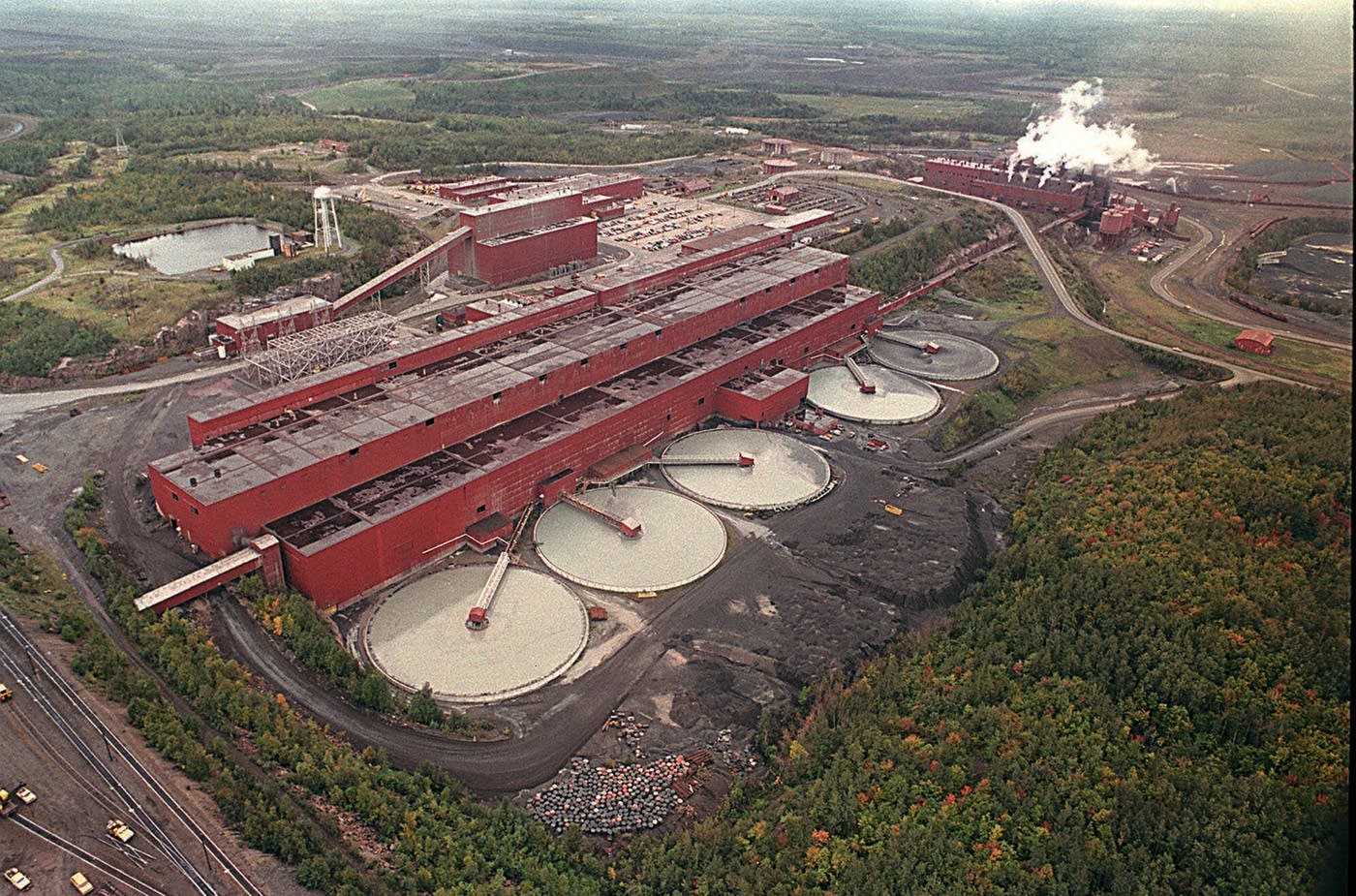Wisconsin
PolyMet will appeal permit ruling to Minnesota Supreme Court for mine in Lake Superior watershed

ST. PAUL, Minn. (AP) — PolyMet Mining Inc. said Thursday it will ask the Minnesota Supreme Court to overturn a ruling that canceled three permits needed for its proposed copper-nickel mine in northeastern Minnesota.
PolyMet President and CEO Jon Cherry said in a statement that Monday’s decision from the Court of Appeals has far-reaching impacts for Minnesota and any future project that depends on state permits.
PolyMet’s NorthMet project would be an open-pit mine on Wetlands on the site of an old taconite mine near Babbitt. It is in the headwaters of the St. Louis River, the largest tributary to Lake Superior, upstream from Duluth. The mine is about about 15 miles south of the Twin Metals, which would be an underground mine on Birch Lake, just outside the Boundary Waters Canoe Area Wilderness near Ely.
The appeals court gave environmentalists a big victory by sending the dispute back to the Department of Natural Resources for a trial-like contested case hearing before a neutral administrative law judge on the project’s environmental risks.
While the PolyMet mine is in the Lake Superior watershed, the Twin Metals mine is facing possible legislation banning all mining
PolyMet pointed out that the DNR has already held a 15-year-long environmental review and permitting process that included numerous chances for the public to weigh in.
“No other company in the history of the state has been subjected to anywhere near the time and cost that was associated with this permitting process,” Cherry said. “We did everything the state and the law required, and more. And the process confirmed that our project will be protective of human health and the environment.”
The company said it will file its petition with the Supreme Court within the 30-day deadline.
DNR spokesman Chris Niskanen said the agency has not decided whether to appeal.
